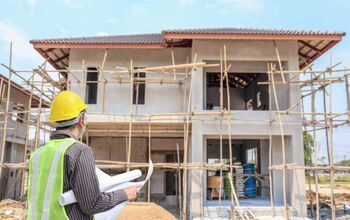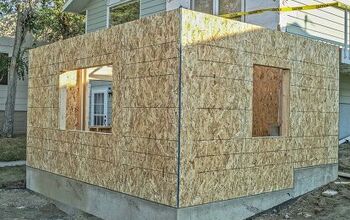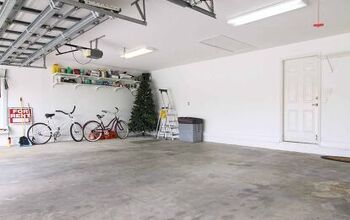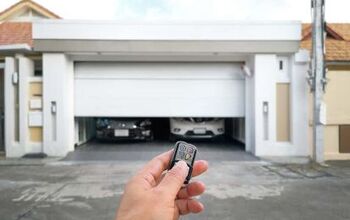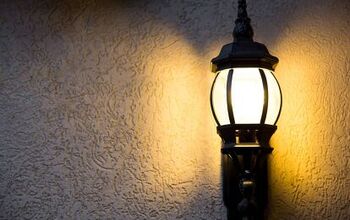Do I Have To Pay The Solar Bill If My Landlord Has It On His House?

The tenant-landlord relationship has many working parts. That also means in many cases, issues of clarity, responsibility, and terms are involved. One of those areas of concern becoming more prevalent today is the issue of power, namely electric versus solar power. For homes and landlords who use solar energy, that inevitably results in billing questions. One of the most common questions is does a tenant have to pay the solar bill if the home uses solar panels?
The simple answer is yes, generally tenants have to pay the solar bill. The landlord, however, is required to provide the tenant with a breakdown of the usage and other pertinent billing information. That includes billing frequency, payment terms, or any pricing changes. Additionally, the landlord should cite these obligations and arrangement details within the lease agreement.
Solar energy is a concept that has existed for many years. Various sources cite its beginnings as early as the 1800s. The concept of Solar energy as we know it today was viewed by most as a novelty or fad in its earliest stages. Now, solar energy is not only a proven source of power, but it is also a clean and cost-effective means of power.
That is the good news. The area that demands our attention is the governance of Solar Power. This arena is also where tenants need to be aware of what it is they are getting and how much they are paying for it.
What Do I Need to Know About Paying for Solar Energy
The great benefit of solar power is that it is free. Unfortunately, that doesn’t mean that tenants aren’t still required to pay their solar energy bills. Before getting in an uproar, it is important to remember that the property owner also pays thousands of dollars for these solar panels. So, it is fair that tenants share the cost of this free energy source.
The real question is, what do tenants need to know about renting a property that uses solar power? In particular, that question is about how tenants get charged for solar energy. Here are some points that tenants should be aware of when renting a property that uses solar power for their homes.
The Landlord is Responsible for Proper Billing
Every home that uses solar energy will also require a connection to an electric power grid. As good as solar energy is and has become, it still can’t produce enough energy to power a home. Overcast and cloudy days and homes that use large amounts of power are a few examples where electricity is still required.
That also equates to tenants having two bills for their home’s power. Like any service, the customer (in this case, the tenant), can’t be expected to pay for services that have no breakdown or itemization of services. That is true of solar energy as well.
Itemized billing
Although solar energy for homes is new enough that it lacks the type of definitive oversight that electric power providers have, there are guidelines. These guidelines and laws mandate that landlords provide tenants with a solar energy bill that breaks down aspects such as usage and consumption rates. That breakdown can include rates per kilowatt and kilowatts used, among other standard energy bill itemizations.
Billing terms and frequency
It is also the landlord’s responsibility to define and clearly state the billing terms for each property. In most cases, the rental contract will cite and clarify these terms. How often will the tenant be billed? Are they any special billing terms, late charges, or other payment details? These are all areas the tenant should expect the landlord to cover and include in the invoice.
Tenants Should Understand the Invoice and Billing Process
While the landlord has certain responsibilities such as providing a detailed invoice and defining tenant expectations in the rental contract, the tenant also has some important obligations. In addition to paying the solar bills, tenants should also clearly understand the invoice and billing process.
Although no law requires tenants to read the rental contract, it is always a good idea. To begin with, arguing ignorance is no defense. Secondly, many tenants who don’t read the rental agreement wind up being dismayed and caught off-guard. The golden rule when renting a property with solar panels is tenant due diligence. That means asking questions, understanding the billing and invoices process, and thoroughly reading the contract.
Should I Rent a Property that Uses Solar Panels?
There are many things to consider when choosing a place to rent and live. These considerations include the cost of rent and other expenses such as utilities. And for homes with solar panels, that means weighing the pros and cons of renting a house that uses solar energy.
The Pros of Homes with Solar Panels
There are many pros to using solar energy to heat and power our homes. In many cases concerning tenants, some of those benefits will be determined by how the landlord bills for solar energy. Here are a few of the benefits of using solar panels.
- Cost savings can often be passed on to tenants. In some rental situations, the landlord will opt to charge more for rent instead of invoicing the tenant for solar energy usage.
- Solar energy is always available. In the event that the power goes out, solar energy can still provide stored energy to keep a home running.
- Environmental benefits such as cleaner energy and no pollution.
The Cons of Homes with Solar Panels
For tenants that rent homes with solar panels, it will often mean having two energy bills. That also results in one more bill to track and pay. The other potential con of solar panels is damage to the panels themselves. These issues can result in costly repairs as well as making a considerable hole in the roof.
Related Questions

We are a team of passionate homeowners, home improvement pros, and DIY enthusiasts who enjoy sharing home improvement, housekeeping, decorating, and more with other homeowners! Whether you're looking for a step-by-step guide on fixing an appliance or the cost of installing a fence, we've here to help.
More by Upgraded Home Team



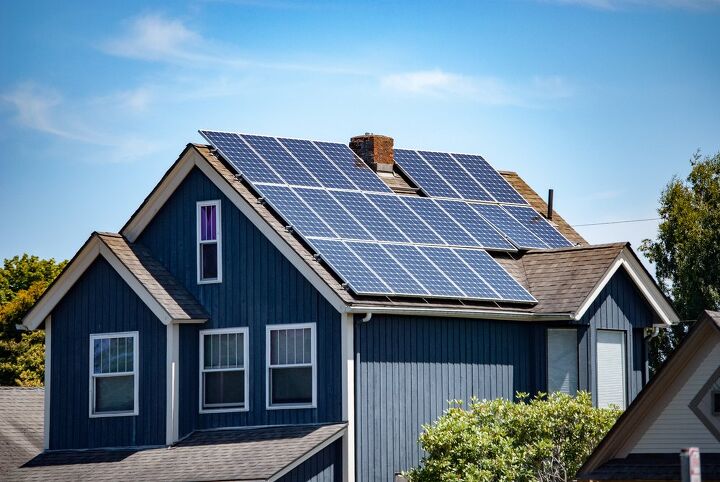








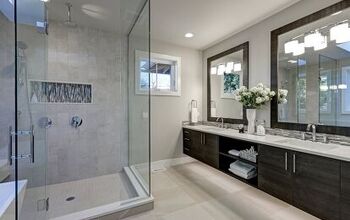
![Finishing Basement Without Permit [Is It Really Illegal?]](https://cdn-fastly.upgradedhome.com/media/2023/07/31/9070078/finishing-basement-without-permit-is-it-really-illegal.jpg?size=350x220)

